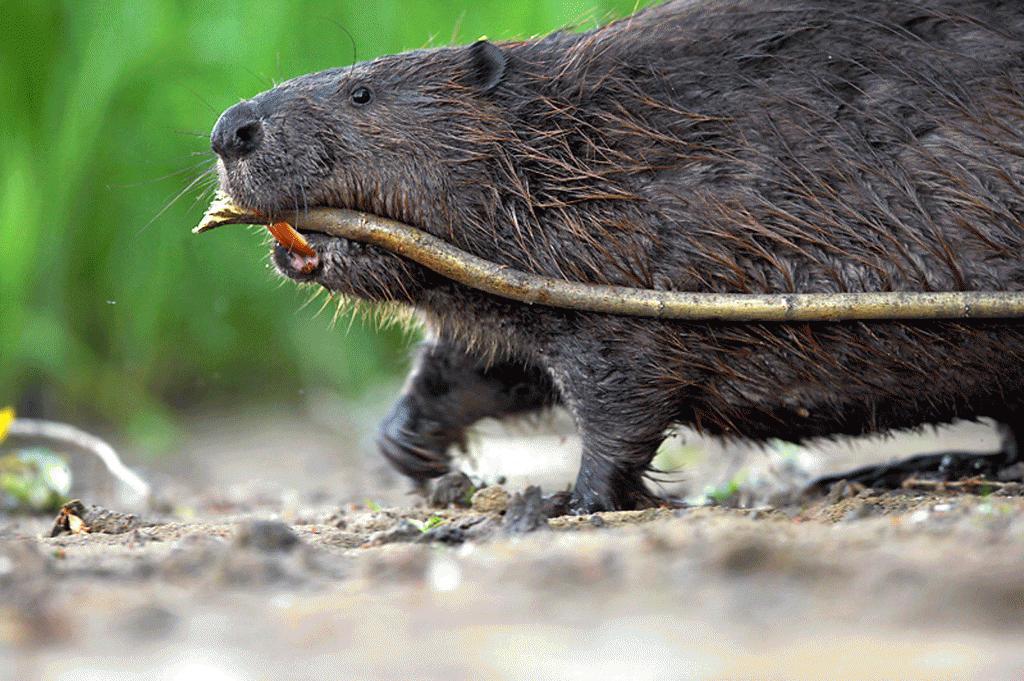AT least 21 invading German beavers have been slaughtered in Scotland after they built dozens of dams on farmers’ land.
The creatures – a species which originates in Bavaria – have been thriving since escaping captivity and around 150 are living in the wild in Tayside.
But it has now emerged that the bodies of 21 beavers have been discovered with gunshot wounds since the end of 2012.
Farmers and other landowners are suspected of being responsible for the slaughter and have been urged by conservationists to adopt non-lethal methods to control the species.
Farmers are furious at the damage caused on their land, with one landowner claiming 35 beaver dams had been removed from his property.

Beavers were hunted to extinction in Scotland around 500 years ago. The Scottish Government is conducting an official beaver reintroduction trial, costing £2m, in Knapdale, Argyll.
But while these Norwegian beavers have struggled to thrive in their area of Scotland, the Bavarian beavers have run rampant.
The cost of removing dams, fixing pipe blockages and repairing flood defences is described by the National Farmers’ Union Scotland (NFUS) as “significant”.
The Royal Zoological Society of Scotland (RZSS) has examined the bodies of 23 beavers in the Tayside area and concluded that two died in road accidents and the rest were shot dead.
At present, a licence is not needed to shoot beavers as they have no legal protection in the UK. However, possessing and moving a dead beaver is not legal without a licence.
David Bale, Scottish Natural Heritage Tayside & Grampian unit manager and former Tayside Beaver Study Group chairman, said: “We don’t encourage lethal control. Instead, we advocate other solutions, such as protecting trees and discouraging dam building.

“Removing a beaver simply leaves the territory open for another beaver to move in, so shooting tends to be a short-term solution.”
NFU Scotland said that farmers fear the animals’ impact on productive farmland reliant on complex drainage systems.
An NFUS spokesman said: “We have a number of members who are affected by the illegal reintroduction, with one member whose flood bank collapsed due to burrowing of beavers; and another who has had to remove 35 dams from his farm.”
An official scientific trial saw 16 beavers introduced into Knapdale Forest, Argyll between 2009-2011.
Several died while others bred successfully producing a litter of kits within the year.
Then earlier this year, SND revealed its Beavers in Scotland report to the Scottish Government, which is currently considered an official reintroduction programme.
The report showed that over 150 beavers have been growing in Tayside for a decade thought to have originated from escapes or illegal releases from private collections.
They have been found in waterways from Kenmore and Crieff in the west to Forfar, Kinloch Rannoch, Perth and Bridge of Earn in the east.
A Scottish Government spokeswoman said: “There is currently no legal protection for beavers in Scotland. We are aware farmers on Tayside are experiencing issues with beavers and would encourage land managers to consult with SNH mitigation measures.”

